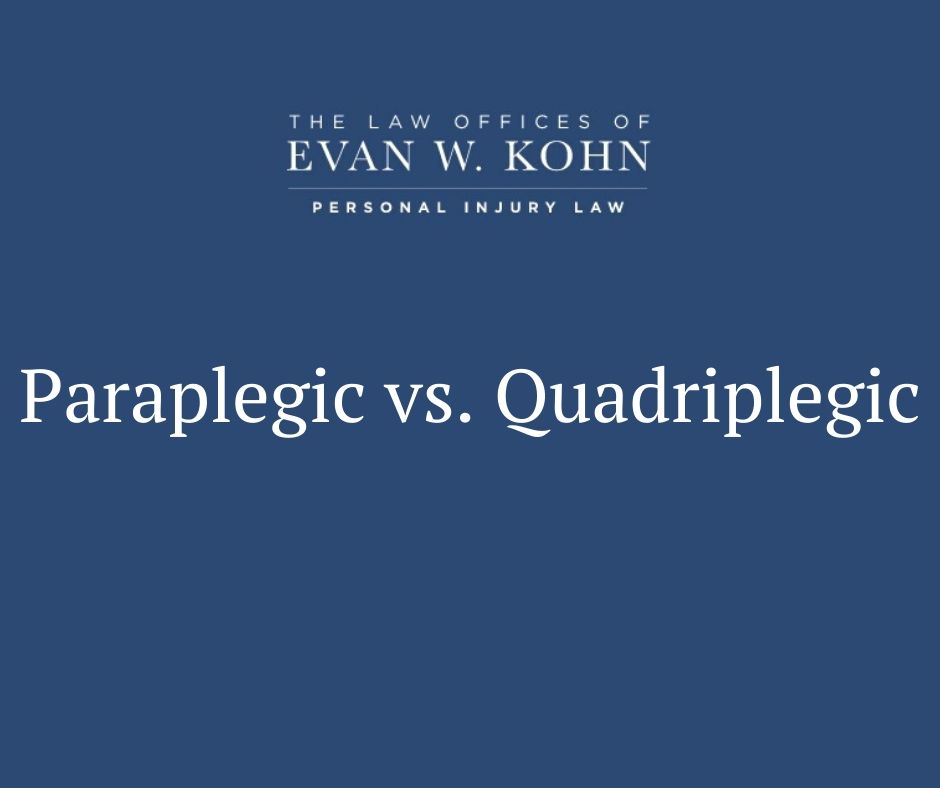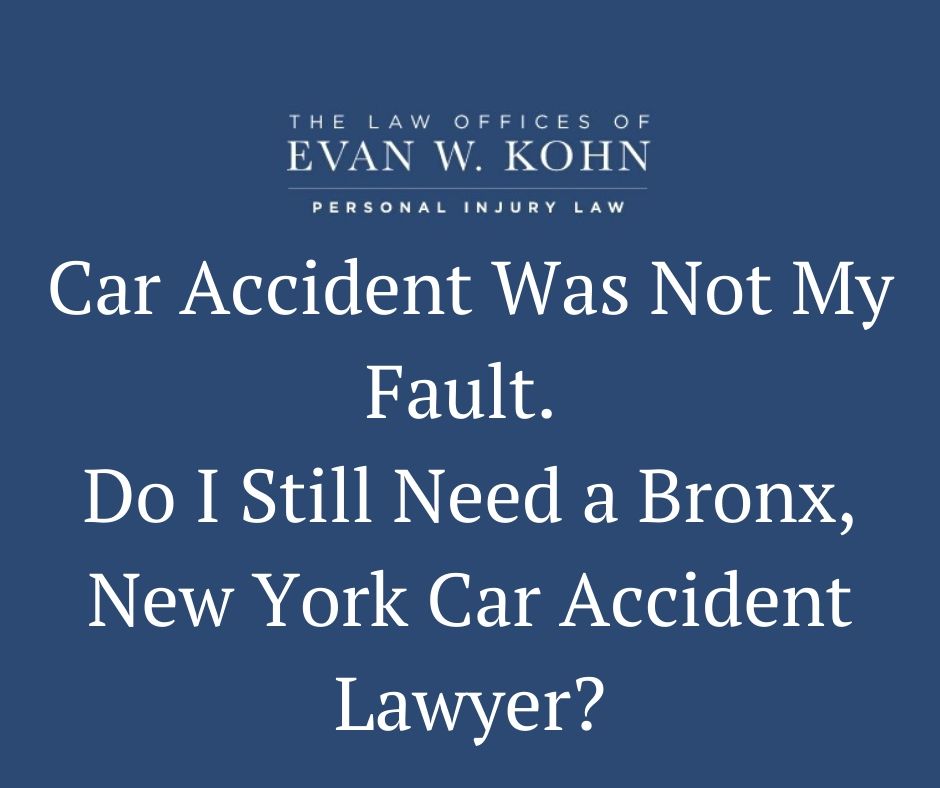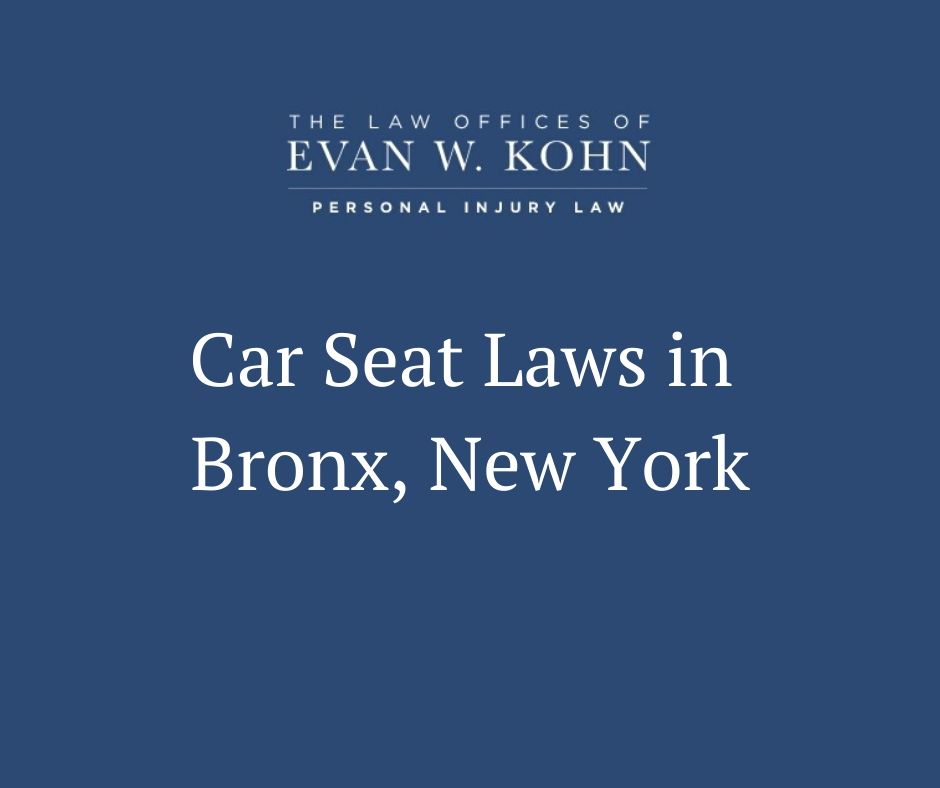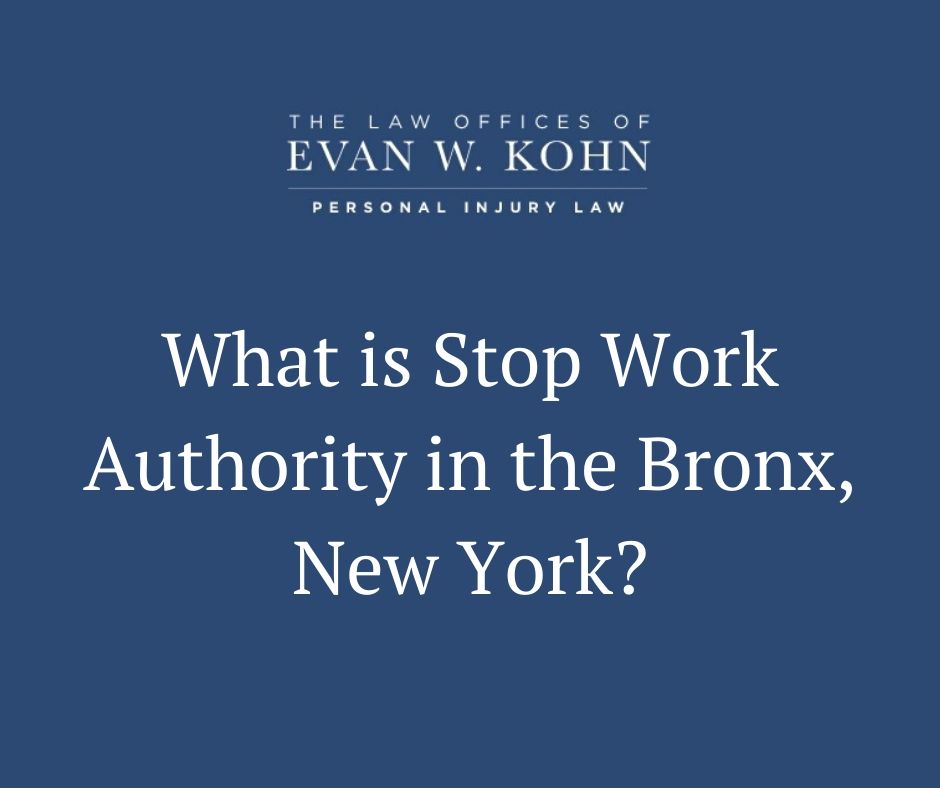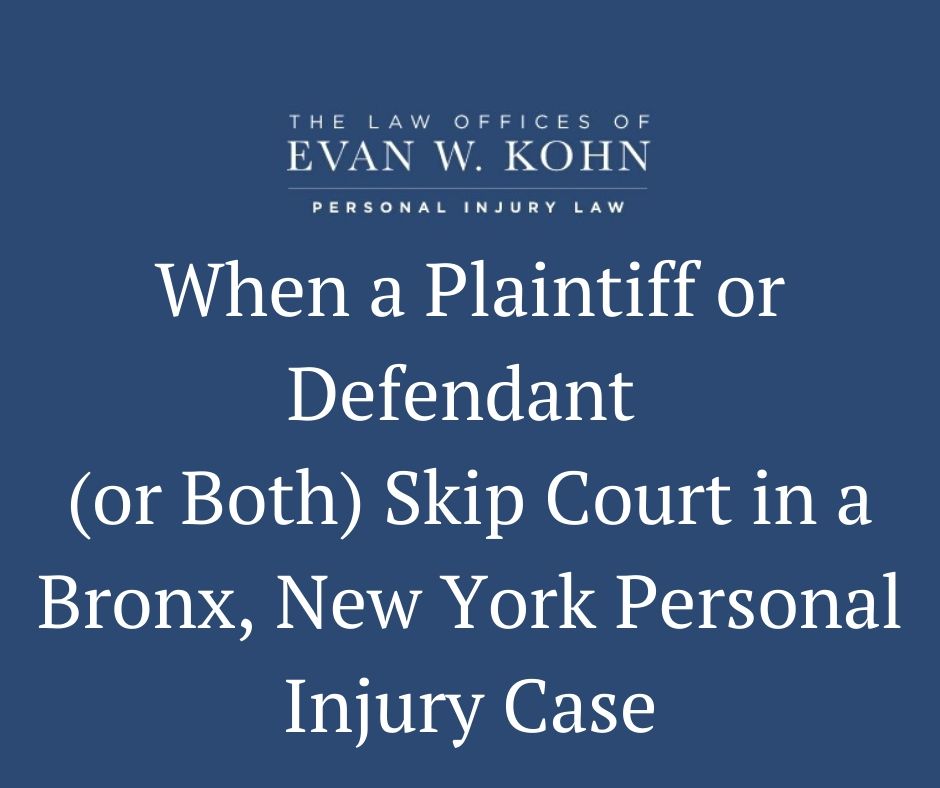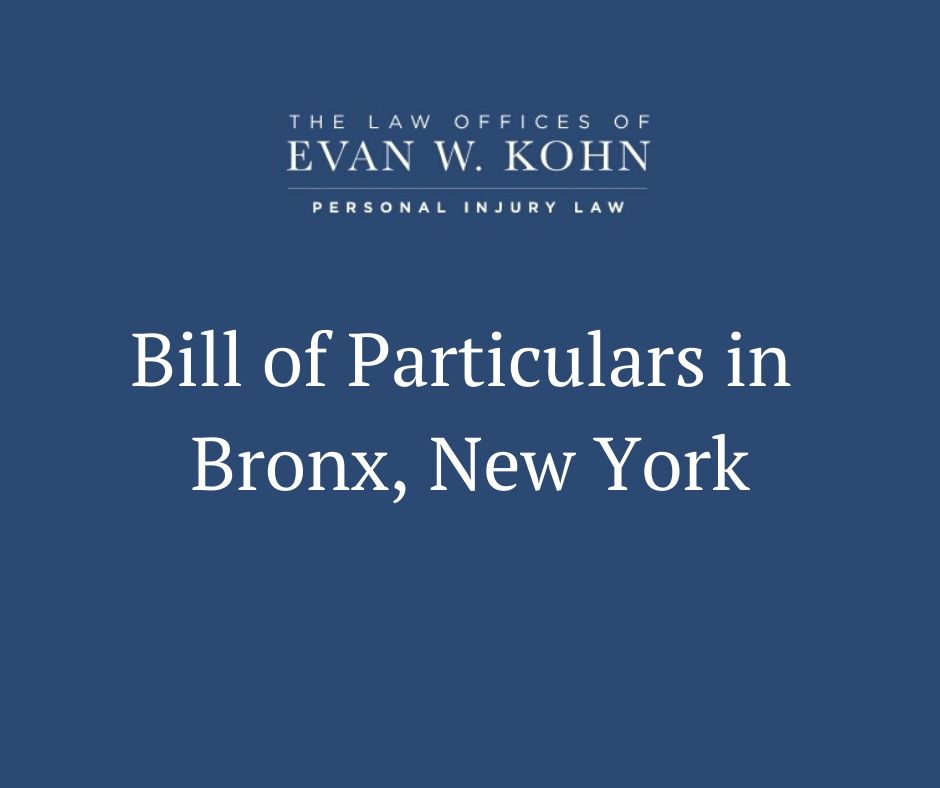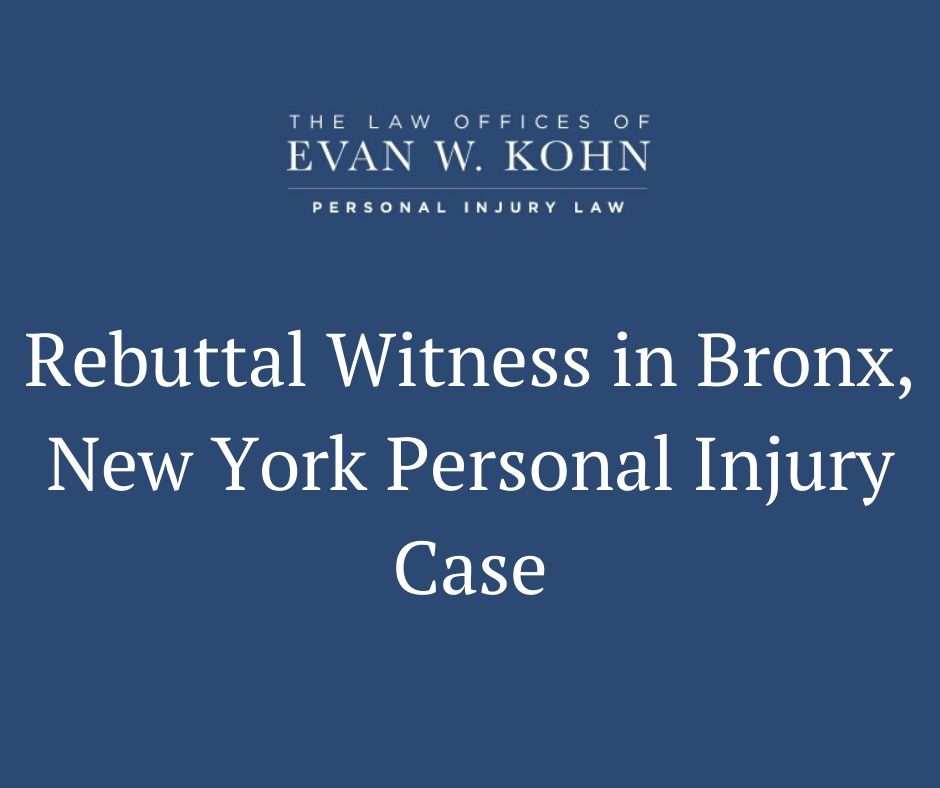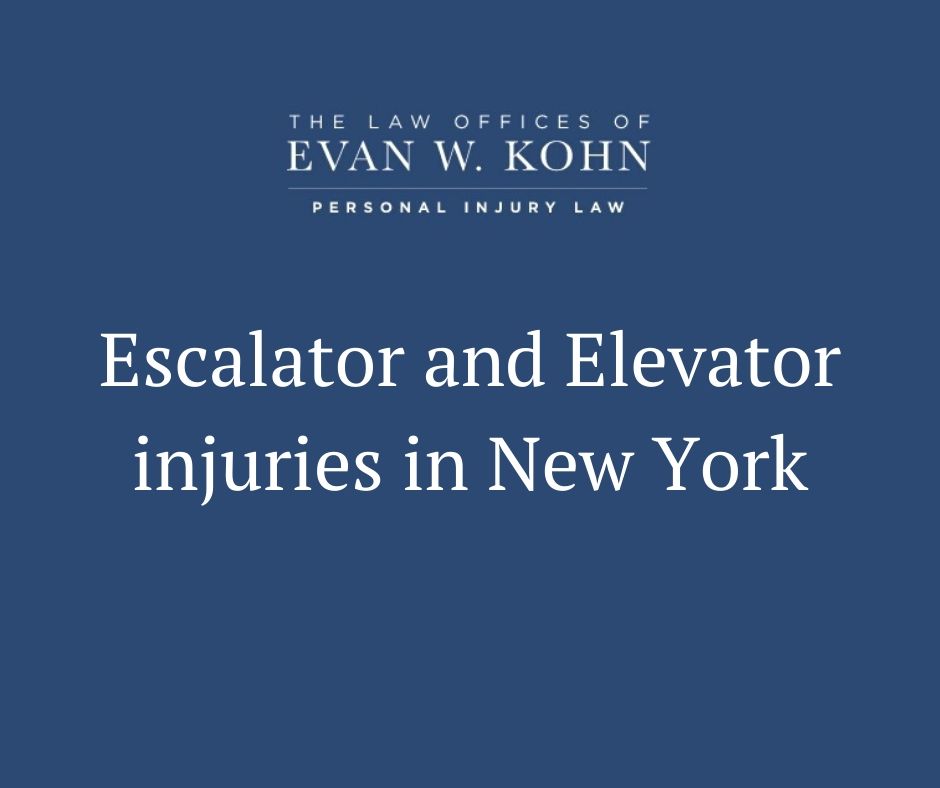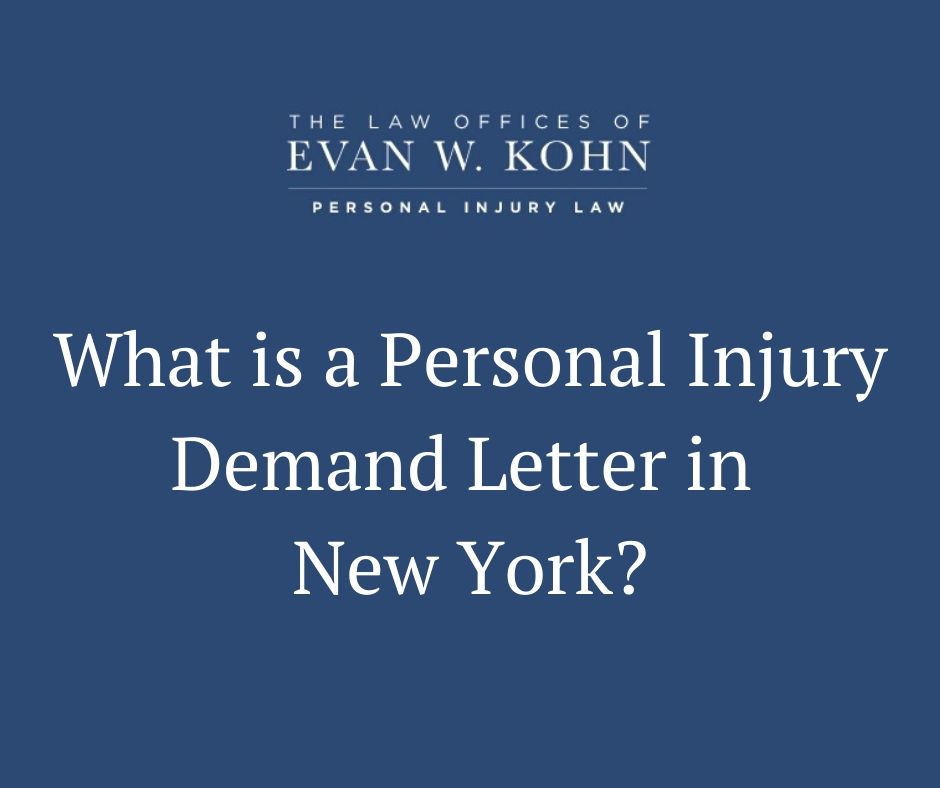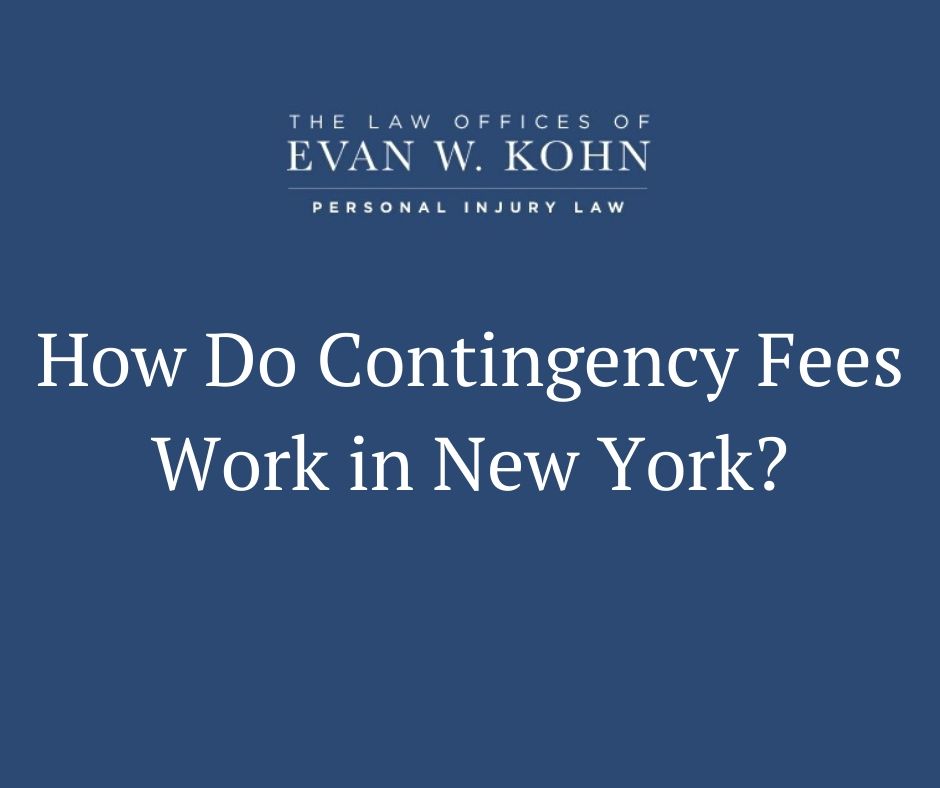A spinal cord injury (SCI) can happen in a matter of seconds because of a car accident, a fall, a gunshot wound or even playing a sport. According to the National Spinal Cord Injury Statistical Center, there are nearly 18,000 new SCI cases every year. SCI patients spend less time in hospitals and rehabilitation centers than ever before because of advancements in treatment, but many will live with the physical, financial and emotional effects of their disability for a lifetime.
Car accidents are stressful. Even a seemingly minor accident can cause expensive damage to the vehicles involved and leave the drivers and any passengers suffering physically and emotionally.
The State of New York has strict car seat and booster seat laws designed to protect children in the event of a car accident. The law requires children under the age of four to ride in a car seat, and all children between the ages of four and eight to ride in a child restraint system such as a booster seat.
Every worker has the right to be safe while performing their job. A federal rule, Stop Work Authority, allows full-time and contract employees to speak up and refuse to work in unsafe working conditions.
Whether you are a plaintiff or a defendant in a personal injury case in New York, there are certain things expected of you. For instance, you may be required to provide a deposition. Failure to do so, or to abide by any requirements of the court, may negatively impact the outcome of your case.
Lawsuits are complex. Even a case that seems simple and straightforward on the surface may be much more complicated when the details are known. In order to get those details, a Demand for a Bill of Particulars may be needed.
Personal injury lawsuits can be quite complex. Proving negligence can be challenging, and personal injury cases may have large amounts of money at stake due to the type and severity of the plaintiff’s injuries, their required current and long-term medical care, the loss of current and future wages, and their pain and suffering.
Despite an effort by elevator and escalator manufacturers to shift the onus of personal injury onto unsafe riding practices, the American Association for Justice found that the leading cause of injury and death in escalator and elevator accidents is “unsafe design and poor maintenance.”
The demand letter is just the beginning of the negotiation process between you and your attorney and the negligent party’s insurance company. It is essential that you remember the claims process, and the demand letter, in a negotiation.
If you are injured due to negligence or recklessness by another person or company, you may be entitled to compensation to cover the costs of medical treatment, lost wages, and trauma. Let’s examine the purpose of “contingency fees” and how personal injury attorneys use them to prevent their clients from incurring additional financial stress.


